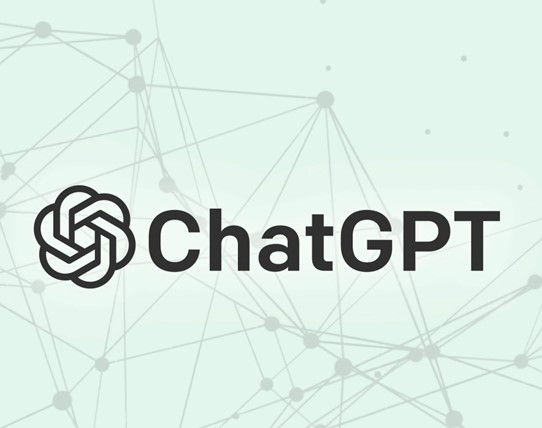
Revolutionizing Healthcare with ChatGPT celebrating its one-year Journey!
Over the past year, ChatGPT, developed by OpenAI, has remarkably evolved from a novel concept to a pivotal element in the healthcare industry. It is still being developed and improved, but first evidence has shown its tremendous potentials.
In some ways, ChatGPT’s evolution is like that of the web browser. ChatGPT's real-world impact on healthcare is no longer just a future possibility but a present reality. It offers substantial support in enhancing treatment adherence and delivering more efficient and accessible care. In the realm of healthcare sector, ChatGPT's capabilities extend to assist healthcare professionals with report generation, transcribe medical records, and aid in critical decision-making processes.
The benefits of ChatGPT can also be expanded in pharma industries and having a remarkable impact on conducting clinical studies and monitoring patients remotely. ChatGPT can be employed in the healthcare industry for several activities, including clinical trial analysis, medication research, and medical recordkeeping.
Despite these advancements, ChatGPT's journey is not without challenges. Critical issues such as the misinformation, the necessity for human-level critical thinking, and concerns about medical ethics, privacy, consent, and maintaining trust in the doctor-patient relationship remain key areas for continuous improvement.
As ChatGPT shapes the future of the global healthcare sector, ethical considerations become crucial. Balancing innovation with responsibility is essential to ensure that ChatGPT's impact on healthcare section is positive.
In some ways, ChatGPT’s evolution is like that of the web browser. ChatGPT's real-world impact on healthcare is no longer just a future possibility but a present reality. It offers substantial support in enhancing treatment adherence and delivering more efficient and accessible care. In the realm of healthcare sector, ChatGPT's capabilities extend to assist healthcare professionals with report generation, transcribe medical records, and aid in critical decision-making processes.
The benefits of ChatGPT can also be expanded in pharma industries and having a remarkable impact on conducting clinical studies and monitoring patients remotely. ChatGPT can be employed in the healthcare industry for several activities, including clinical trial analysis, medication research, and medical recordkeeping.
Despite these advancements, ChatGPT's journey is not without challenges. Critical issues such as the misinformation, the necessity for human-level critical thinking, and concerns about medical ethics, privacy, consent, and maintaining trust in the doctor-patient relationship remain key areas for continuous improvement.
As ChatGPT shapes the future of the global healthcare sector, ethical considerations become crucial. Balancing innovation with responsibility is essential to ensure that ChatGPT's impact on healthcare section is positive.
Source here.


